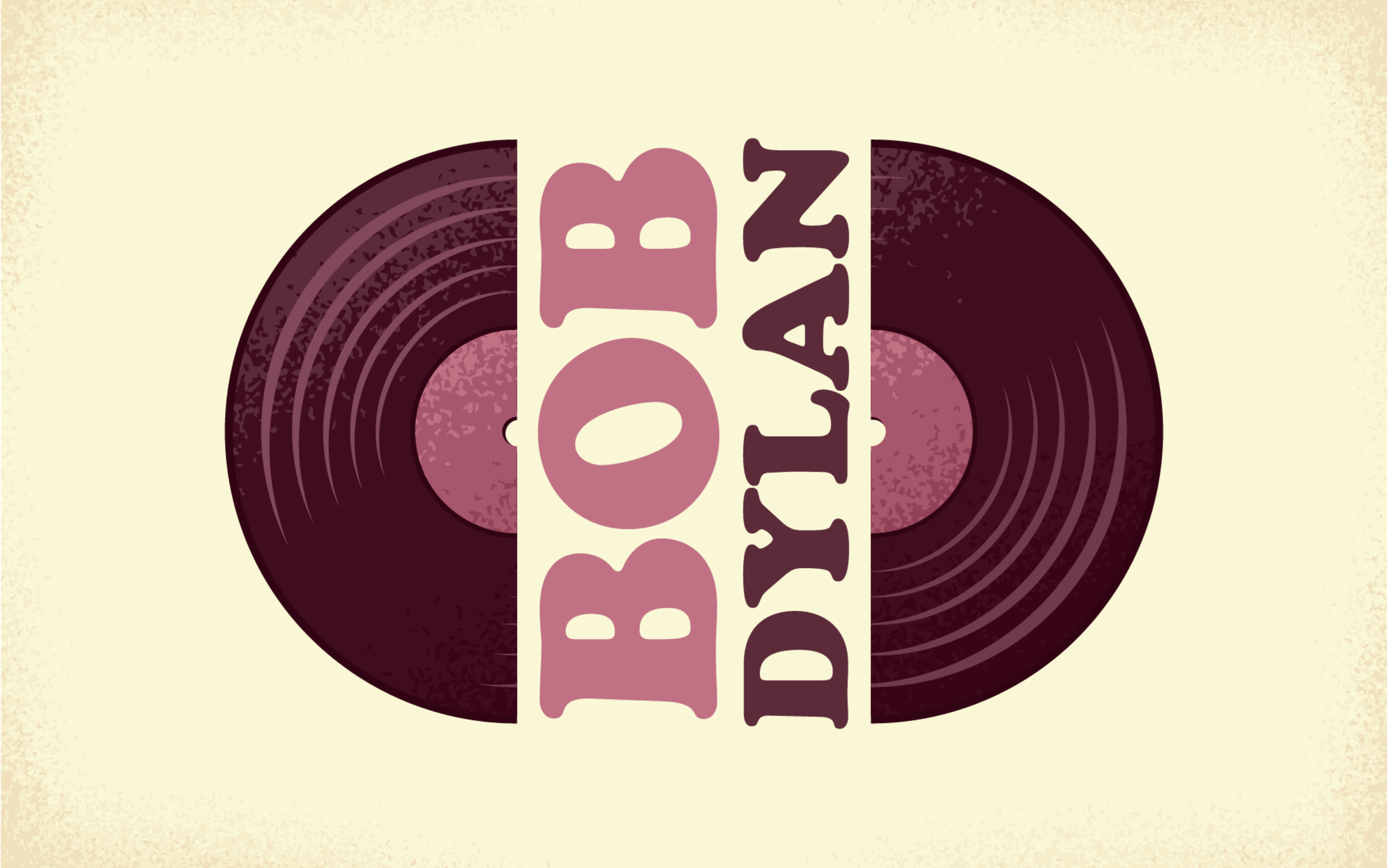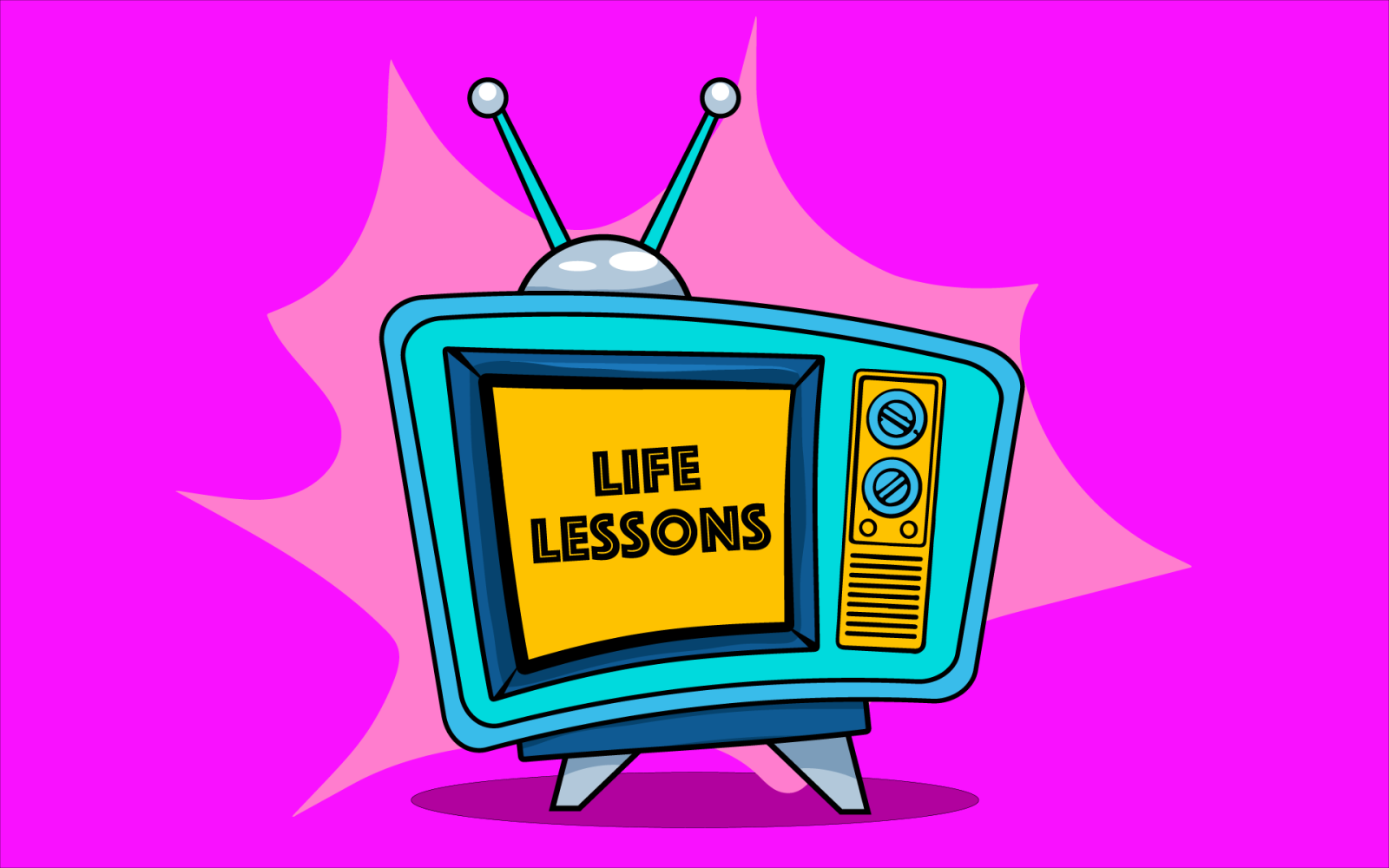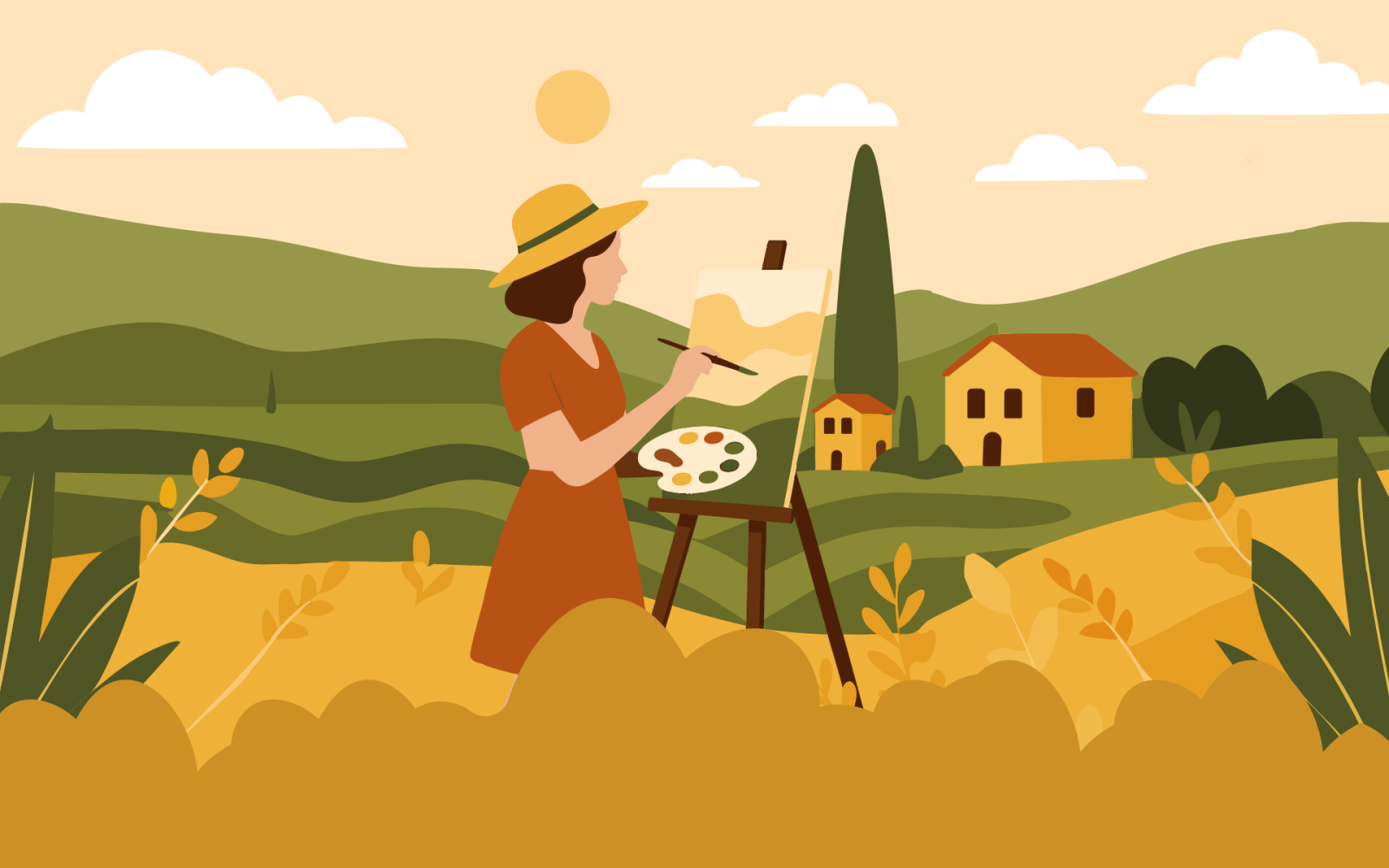How the old Holy Man of rock ‘n roll wrote my back pages

Reliving the memory of seeing Dylan for the first time still brings a tear to my eye.
My veneration of Bob Dylan, the songwriter of our age, the mystic, the sage, the Old Holy Man of rock ‘n roll, is no accident or twist of fate.
Admitting I have a hero is slightly difficult for me. Why would I have a hero, or need one?
Does it impugn my messed-up idea of manly independence? It certainly feels childish.
Especially for a figure who many people just don’t get. But that’s okay. You go your way, and I’ll go mine.
I’d listened to a bit of Bob on my long trips to university in my late teens. “Blonde on Blonde” was the album, released in 1965, that first ripped off the top of my head and stirred around the contents.
I found poetry, laughter, anger, desire, courage and joy wrapped into music that spoke to me across the decades. It was a revelation, a discovery. I wanted to sing along.
A few months later, I attended a lunchtime lecture in the English faculty about Dylan the performer.
A man called Patrick Fish showed us video footage of Bob singing It’s Alright Ma, I’m Only Bleeding.
He compared an early performance where Bob stood upright and proud, delivering the stinging staccato lines.
And then years later, how he stood with shoulders cowed, as the crowd sang the words back to him.
The thesis was that Bob had lost his power to the crowd. They, like me, had learnt the words and made them their own. They knew what was coming next. So Bob changed ‘em.
He became a shape-shifting iconoclast who casually inserted new verses into decades-old songs as if on a whim. It seemed effortless, humorous, a sly nod.
What would happen next? The songs were always his. It was the audience’s guess as to where he was going.
Or he’d play the familiar hit as a slowed down jazz version, or a country song that exploded into heavy rock.
I learnt that performance was magic, even more magic than the pressed vinyl I cherished, and the cassette tapes in my car.
I first saw Bob live in Memphis, on an epic road trip with a former girlfriend, still a dear friend.
We camped out for free in rural Tennessee, 80 miles away, waiting a week for the show. Our budget was next to nothing.
Late into the night, I saw Dylan and his band render a raucous and beautiful version of All Along the Watchtower, which Hendrix made famous.
I can still see it in my mind’s eye, 30 years later. It haunts me and brings a tear to my eye.
I’ve seen Bob a few times since.
Perhaps the apex experience was three consecutive concerts in Glasgow, a decade ago. He’s 83 now. So 73 then, with arthritis that meant he could only play piano and the harmonica. But the band was oh so tight. Restrained, elegant, a shimmer of silver and light. And Bob sang.
His late mellow voice carries decades, contains multitudes.
Bob has been touring, non-stop, since 1988. Every year, all over the US, little baseball stadia, town halls, Europe, the Far East.
What I had no idea about were the nuts like myself I’d meet in Glasgow. We knew each other intuitively, meeting in the cheap hotel foyer.
I still chat with my buddy Russ, who I met there. He lives in California, growing grapes and fishing.
He was following Bob all over Europe, as were dozens of others. Had been for years. They knew each other by name.
Russ looked at my ticket and simply said “Nah. Too far away from the stage.” Somehow, under his tutelage, I found myself three rows from the front, next to him.
His sophisticated recording equipment, with stereo microphones hidden behind each ear, ensured we could listen to the show again when we got home, over beer.
We sang late into the night, along with a group of crazies from all over the world. Bootleg recordings are shared online, in their thousands.
When Bob won the Nobel prize for literature in 2016, it was really no surprise, but a small vindication.
One of the people I’d met in Glasgow, a Canadian, spoke in Bob’s rhymes all night, curling laughter into any appropriate phrase plucked from his songbook.
A fat copy of his Collected Lyrics 1961-2012 sits in the corner of my kitchen. It’s got 667 pages. Some days I open it at random and read some lines. And sing. Badly, but still.
Bob taught me that it’s okay to change, even necessary. That change involves loss as well as gain, always.
That to grow, you will be misunderstood, even by yourself. That re-invention is the most courageous thing you can do, to awake anew.
That it’s okay for a man to feel tenderness and loss, and anger and rage. And sing himself into being, each new morning.
And appreciate that at this age, it’s not nearly dark yet, but it’s slowly getting there.




